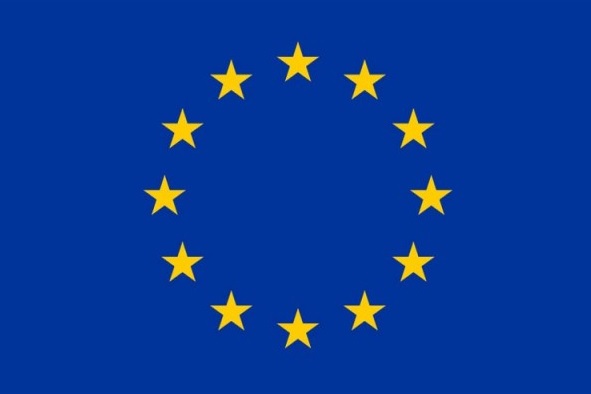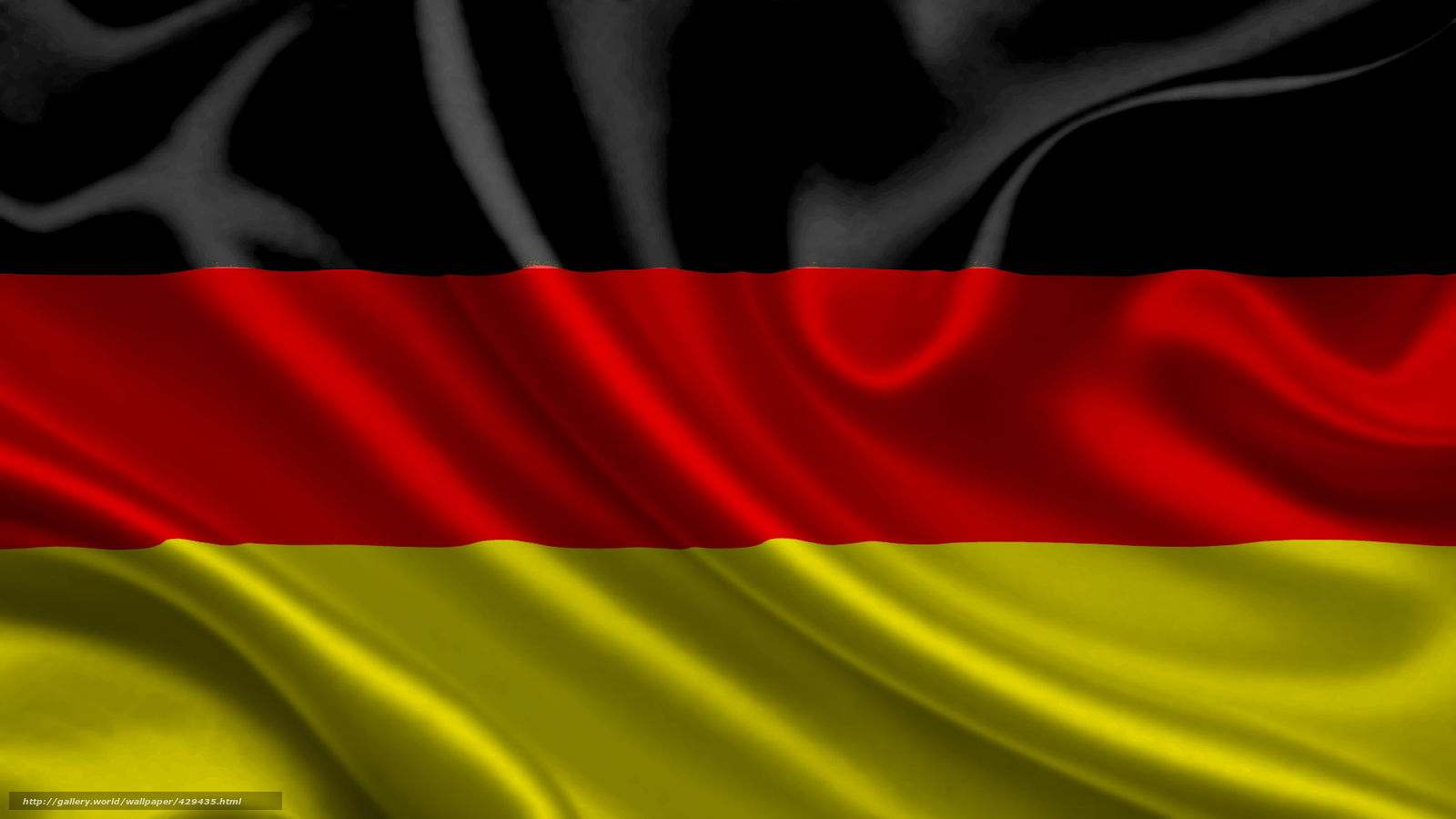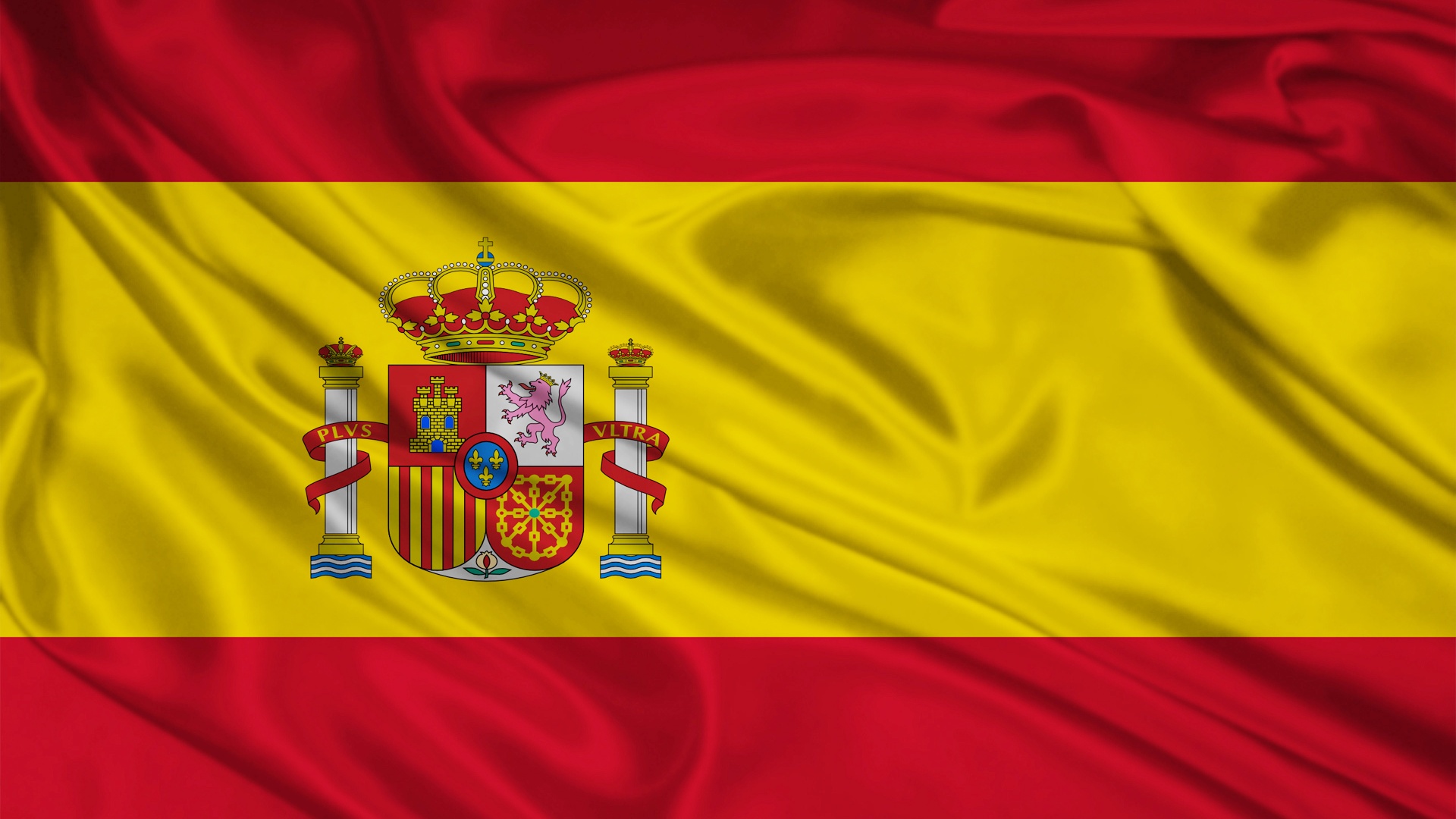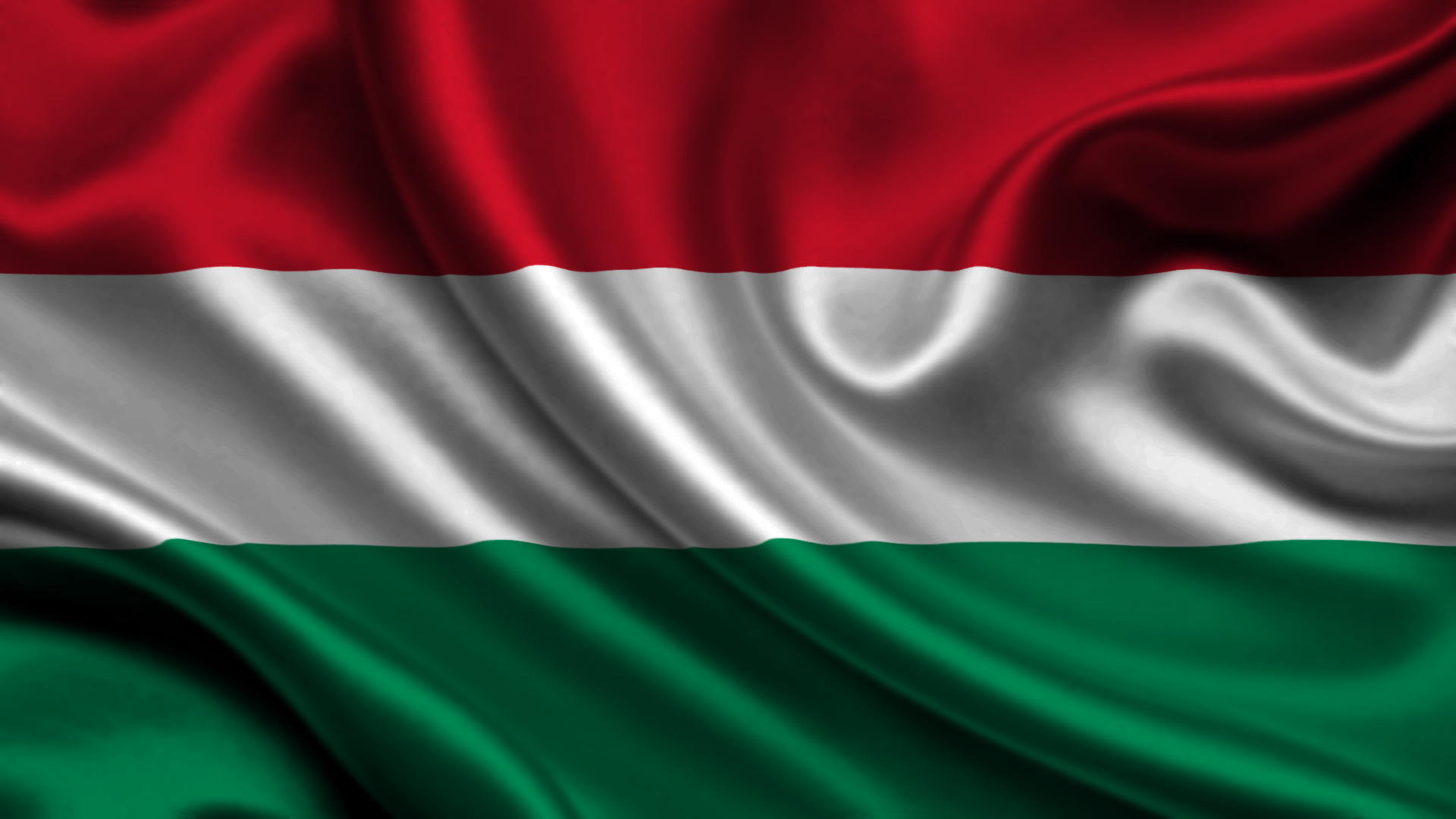 Erasmus+
Erasmus+
On the Move in Europe - Towards a Democratic, Multicultural Europe
ISTITUTO ISTRUZIONE SUPERIORE I.NEWTON
Address: via Puccini 27, Post code: 35012, Camposampiero, ITH3 - Veneto, Italy
Website: http://www.iis-newton.gov.it/
Telephone: +39495791003
Fax: +39499303429
Type of organisation: School/Institute/Educational centre – General education (secondary level)
Organisation presentation
IIS Newton is a state senior secondary high school in a traditionally rural area in north-east Italy with Science, Modern Languages, Social sciences, Information technology and a vocational mechanics courses. There are 1200 students aged 14-19 (Year 9 to Year 13 in the Italian public education system) and 110 teachers. The school is located in Camposampiero, a small town of about 10,000 inhabitants in the north-east of Italy, near the university city of Padova and about 40 kms from Venice. IIS “Newton” opened in September 1999. In September 2016 IIS Newton will merge with a smaller neighbour school, Istituto Pertini, which has both secondary and vocational courses in Tourism, Finance and marketing, Fashion design. The total number of students will then be about 1700 and the teachers 150. The non Italian student population will be around 18%.
IIS Newton's mission is to teach students not only concepts but also to help them to develop a strong sense of European identity as responsible citizens of the world, by acquiring important competences – like critical thinking, curiosity, active participation in democratic processes, intercultural understanding, discerning use of ICT - and by developing belief in basic human values - social justice and inclusion, solidarity, the universal nature of human rights - which will accompany them into their lives as adults. Most students of non-Italian origin belong to the second generation of migrants, most from Eastern Europe and some from Northern Africa. New arrivals from other countries are taught Italian as a 2nd language, and at the same time start lessons in their new class. The school runs and is involved in many community projects.
Alongside curricular teaching, students are offered academic and vocational counselling, work internships, master classes, conferences and seminars, an annual Language Day, theatre activities in Italian, English, Spanish and German, school trips and excursions. Every year our students successfully participate in regional and national and even international competitions in Mathematics, Physics, English and Computer science. More and more students each year are certifying their European language levels thanks to the school's language skills improvement projects. Furthermore, the school promotes many kinds of international student exchange and mobility projects, including European-financed projects.
As for our teachers, recent years have seen an increase in both professional development related to innovative teaching methods (CLIL, use of integrated digital teaching/learning aids, connecting traditional subjects to current day problems), and the learning of European languages, in particular English, by non-language teachers. With our European partners we plan to intensify this proposition, by conceiving teaching modules related to our project's themes collaboratively and sharing them with other teachers; by strengthening our use of English in classroom teaching, by exchanging best practices in teaching the second language to new migrants, by inventing and experimenting new strategies of integration together.
The area we live in has its roots in emigration, from the beginning of the 20th century and through to the 1950s, as in that period many of the people who worked the fields went hungry. In the 1960s small and medium-sized family industries spread, in particular mechanics and construction, and the importance of agriculture diminished (but has not disappeared). Most businesses trade with foreign countries and many have branches or factories in foreign countries, like Eastern Europe, China, Middle East. In the past two decades immigration greatly increased, of young workers and their families mostly from Eastern Europe, but also China and Africa. Consequently, the school population is quite mixed, with about 18% pupils and several teachers of non-Italian origin.
Since 2008, with the onset of the world financial crisis, unemployment has grown in our area as more and more businesses close down. This has accentuated a feeling of hostility towards migrants, which right wing political parties play on. Today racism is very common and many Italians believe that we cannot host people from other countries, no matter what the reason for their migration is. This attitude is based on much ignorance in many spheres, which is the main problem we want to combat with our Erasmus project. Despite the length and depth of our school mission, we observe an increase in xenophobic attitudes and the feeling that simply washing our hands of the world's problems is justified. We believe that we need to make a concerted effort in all possible curricular subjects and beyond to deal with the phenomenon of migration not only as an inevitable part of life, but also as part of our roots and identity and the source of a diversified, stimulating, richer cultural heritage.
Activities and projects of organisation relevant for project
Our school has a mission to prepare students for their future as responsible, ethical, law-abiding, socially inclusive adults who believe in social justice. The multitude of projects and activities described above reflect our experience in this field. Students receive strong stimuli to be open-minded to people and ideas and to commit to taking part in activities and processes that can help to make the world a fairer, more invigorating place.
In her last job, our Principal led the network of schools called MOSAICO, which works to integrate younger pupils arriving from other countries. History and Geography teachers will be involved in the historical part project, on our roots in migration and our identity today which is the result of migration. Teaching and non-teaching staff as well as students' families will be involved in retracing the past of our local community. Almost everybody in our area has relatives or neighbours who emigrated to another country or continent in the last century, and many emigrants return here during the holidays to visit. Our art teachers will be involved in the more creative side of the students' products, Italian and language teachers in the research about the zones of conflict and famine that today's immigrants to Europe come from. Our teachers of Religion have direct contact with refugees inasmuch as they are involved in local parish projects to welcome and integrate migrants.
Legal representative
Name: Mariella Pesce
Position: principal
E-mail: pdis01400q@istruzione.it
Phone: +390495791009
Contact person
Name: Isabella Constantini
Position: teacher (department: foreign languages)
E-mail: constantinisabella@gmail.com
Phone: +39049626272
 Erasmus+
Erasmus+
 Erasmus+
Erasmus+





